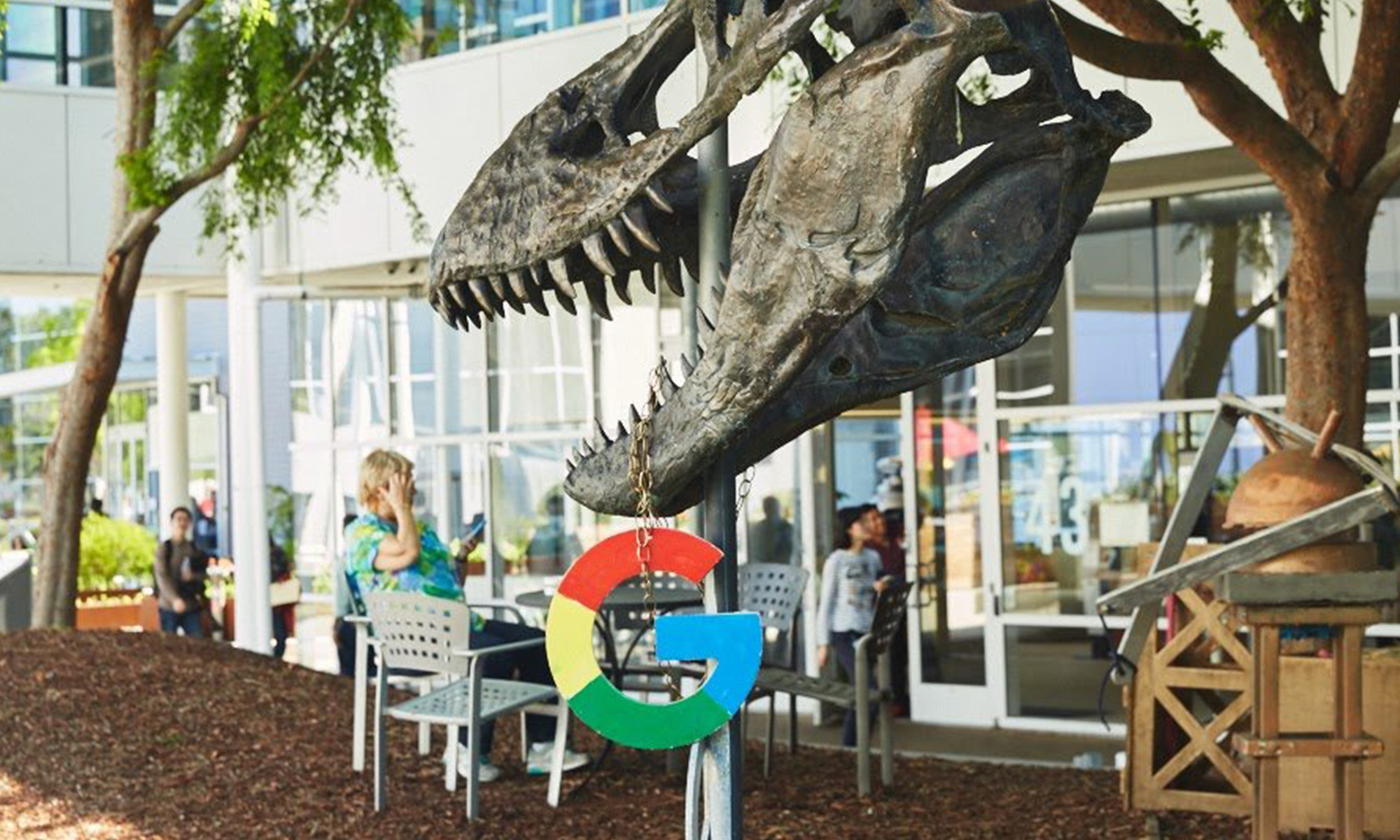Forget what you've been told. Microsoft (MSFT 1.42%) and its app store have more than a fighting chance in today's mobile wars. While Google's Play Store (GOOG +1.15%) may have hundreds of thousands of high-quality apps, the Microsoft app store has one thing Google doesn't: access to China. As Google continues to struggle with Beijing and Baidu (BIDU 4.09%), Microsoft's access to China may be the key to a robust app store and decades of profits.
Why Google shouldn't laugh at Microsoft's paltry app store
Did you know that Microsoft is trouncing Google in apps? You may think that that's impossible, but, in terms of access, it's true.
While Google Play has 600,000 apps and Apple (AAPL 1.37%) showcases more than 700,000 apps, Microsoft sells only 150,000 apps on its Windows Phone Store and 35,000 apps on its Windows Store (for tablet and desktop Windows 8 OS).. Moreover, the quality of those apps is also much higher (because developers have worked on Android and iOS apps for about three and five years, respectively). As the quantity and quality of the apps are such a big reason why consumers buy a particular phone, Microsoft seems all but out of luck in mobile.
Luckily, Microsoft has an ace in the hole. The Redmond-based company has more access to the world's population and a greater global reach than any other company.

Source: MacStories.
Microsoft leads Google's in app access by 20 percentage points. Most of that access comes from Google's inability to operate in China ever since the company scaled back operations after censorship issues in 2010.
Access in and of itself may not seem like a huge problem for Google, but consider these statistics:
|
Company |
Number of Countries |
|---|---|
|
Apple |
153 |
|
Microsoft |
115 |
|
|
138 |
|
Amazon.com (AMZN +1.71%) |
6 |
Source: MacStories.
Google outpaces Microsoft in the number of countries it has access to by 20%. And though Android operates on 90% of Chinese smartphones, services like its app store are nonexistent. That's a huge boon for Microsoft as access to China puts the company ahead of Google by 20% (see previous graph).
As China's Internet population grows and moves increasingly toward mobile, Microsoft may see more developers creating more applications to tap its vast customer base. In turn, its ecosystem will drive more Microsoft customers, and earn Microsoft more profits than Google, and maybe even Apple.
Unfortunately, pinpointing how much more money Microsoft could make is difficult -- the company doesn't seem to disclose its international sales. But Apple and Google do, and the numbers are revealing. In 2011, Apple earned 61% of its revenue internationally. By comparison, 43% of Google's revenues come from overseas. Now, these companies don't disclose China- or app-specific revenue numbers. But app access may partly explain the disparity in international revenue. If that's the case, Google must find its way into China or suffer international growth.
The one consolation Google has is that it needn't worry about Amazon. First off, the e-tailer needs to fight off Dangdang (DANG +0.00%) -- the so-called "Amazon of China" -- before it can focus its energies elsewhere. Moreover, Amazon has access to only 8.9% of worldwide users, covering only six countries.
Don't forget Baidu
The case for Google apps in China is very weak, but, once you take Baidu into account, that case is shattered. Even if Google were to gain access in China, it faces immense competition from Baidu, the "Google of China." Not only does Baidu own 73% of the search market, but, in 2011 it also rolled out its "box computing platform," which performs the functions of most apps.
Of course, Baidu recognizes that users will prefer to use apps for some tasks. To meet that demand, it has built out its own apps, such as Baidu Maps, and launched its own operating system with its own app offerings. It will also soon introduce its app store, the Baidu Cloud Store. Altogether, these moves will help undercut Android's dominance as China's mobile operating system.
Meanwhile, Microsoft is immune to Baidu's moves. Since Microsoft Windows still leads the desktop operating system market, there's an incentive for consumers to buy a Windows Phone and stay within the app ecosystem. Moreover, Microsoft is doing everything it can to make its ecosystem a Chinese success; the company has renewed its smartphone push with partners HTC, Samsung, Qualcomm (QCOM +2.10%), Intel (INTC 4.15%), and Nokia (NOK 4.79%).
A Foolish app world
It doesn't matter if Google's app ecosystem rivals Apple's. Google must get its foot into China soon or it may soon find that Baidu has hammered the door shut. The Chinese search giant is making strides in mobile to ensure that consumers will never need a Google app in the future.
As Google figures out its China strategy, Microsoft has the opportunity to solidify its standing as the leading American technology company in that country. Right now, it still has millions of Windows consumers, and with new partnerships Microsoft's doing everything needed to build its ecosystem for the next generation of computing.
Editor's note: This is article has been edited to clarify the difference between the Windows Phone Store and the Windows Store (for tablets and desktops).













